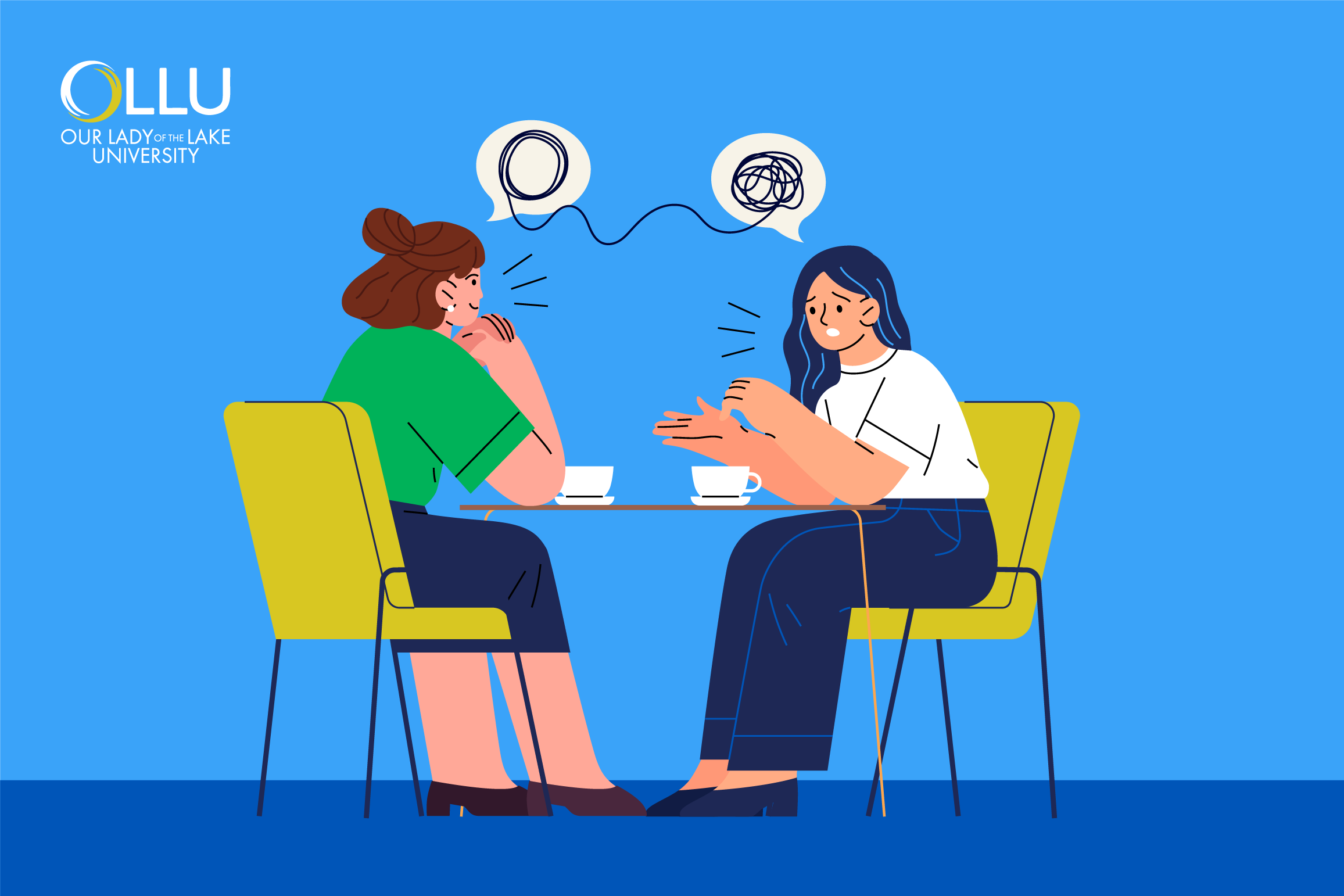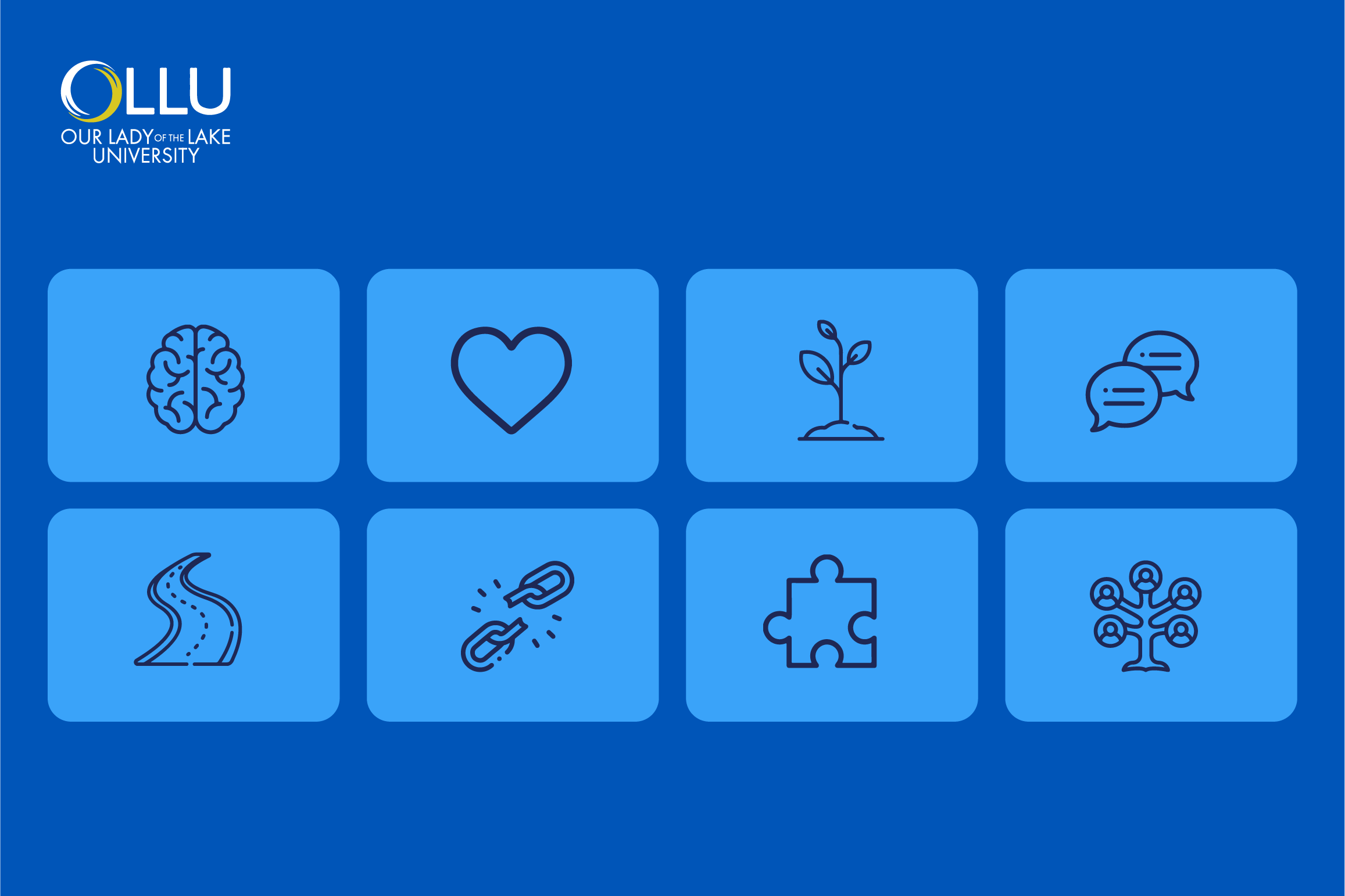Why Is Counseling Important?
Sep 10, 2024

In today's society, counseling has emerged as a vital resource in fostering mental health and overall well-being. As awareness of mental health grows, counseling becomes increasingly vital in providing individuals with the support, guidance, and tools needed to navigate life's challenges. Whether dealing with anxiety, depression, relationship conflicts, or personal growth, counseling offers a confidential and safe space to reflect on one's thoughts, emotions, and behaviors.
As societal pressures and stressors continue to mount, the significance of counseling in promoting resilience, self-awareness, and positive coping strategies cannot be overstated. In this article, we will discuss why counseling is indispensable in today's world, highlighting its profound impact on individuals, families, and communities alike.
What Is Counseling?
Counseling is a professional service aimed at helping individuals navigate personal challenges, improve mental health, and achieve personal growth through guided conversations with a trained counselor. Different types of counseling cater to specific needs and contexts. Individual counseling involves one-on-one sessions between a counselor and a client, focusing on personal issues such as anxiety, depression, or life transitions.
Group counseling involves a small group of individuals facing similar problems, allowing them to share experiences and support each other under the counselor's guidance. Family counseling addresses issues within the family unit, helping improve communication and resolve conflicts among family members. The role of a counselor is to provide a safe, non-judgmental space for clients to express their thoughts and feelings, offer professional insights, and guide them toward actionable solutions.
The counseling process generally begins with an initial assessment to understand the client's concerns, followed by regular sessions where progress is monitored. Goals to be achieved are usually established at the beginning but can be adjusted as needed throughout these sessions. Through active listening, empathy, and strategic interventions, counselors help clients develop coping strategies, gain self-awareness, and foster a better quality of life.
Why Is Counseling Important?
Counseling plays a crucial role in enhancing mental and emotional well-being by offering individuals the support and guidance necessary to manage life's difficulties. It provides a safe space for self-exploration and personal growth, helping individuals understand and manage their thoughts, emotions, and behaviors effectively. The significance of counseling extends to various areas, such as stress management, trauma recovery, relationship enhancement, and mental health improvement. In the following paragraphs, we will delve into the specific benefits of counseling, illustrating its profound impact on individuals' lives.
 1. Mental health support
1. Mental health support
Counseling provides essential support for managing anxiety, depression, and other mental health issues, offering strategies and tools to cope with and alleviate symptoms. Through personalized sessions, counselors help individuals identify the root causes of their emotional distress, develop effective coping mechanisms, and implement practical solutions to enhance their mental health. This support is crucial for emotional well-being, as it promotes a balanced state of mind and helps individuals navigate daily stressors effectively.
Additionally, counseling plays a significant role in stress management and teaching techniques, such as mindfulness and relaxation exercises, that reduce stress and improve the quality of life. By addressing mental health issues comprehensively, counseling fosters resilience, emotional stability, and long-term well-being.
2. Personal development
Counseling significantly contributes to personal development by enhancing self-awareness and fostering personal growth. Through guided conversations and reflective exercises, counselors help individuals gain deeper insights into their thoughts, behaviors, and emotions. This self-awareness is a crucial step in identifying personal strengths and areas for improvement.
Counseling also involves the process of goal setting, where individuals work with their counselor to define clear, achievable objectives based on their aspirations and challenges. The counselor provides support and accountability, helping clients create actionable plans and track their progress over time. This structured approach helps individuals achieve specific goals, empowering them to make informed decisions, build confidence, and strive for personal excellence.
3. Relationship improvement
Counseling is pivotal in enhancing communication skills essential for building healthy and fulfilling relationships. Through counseling, individuals and couples learn effective communication techniques that foster mutual understanding and respect, including active listening, empathy, and assertiveness. Counselors provide strategies for conflict resolution, helping clients identify underlying issues, manage emotions constructively, and develop problem-solving skills. These strategies often include structured dialogues, role-playing, and the establishment of healthy boundaries, all aimed at resolving conflicts amicably and preventing future disputes.
By improving communication and conflict resolution skills, counseling strengthens relationships, promotes emotional intimacy, and fosters a harmonious and supportive environment for everyone involved.
4. Coping with life changes
Counseling provides invaluable support for individuals navigating major life events such as divorce, loss, or job changes. During times of upheaval and transition, counseling offers a safe and non-judgmental space for individuals to process their emotions, gain perspective, and develop coping strategies. Counselors help clients explore their feelings of loss, uncertainty, or grief, validating their experiences and providing guidance on dealing with change.
Through counseling, individuals cultivate adaptability and resilience, learning to embrace uncertainty, adapt to new circumstances, and find strength in adversity. By fostering a sense of empowerment and agency, counseling equips individuals with the necessary tools for navigating life's challenges with grace and resilience, ultimately promoting personal growth and well-being.
5. Behavioral change
Counseling plays a crucial role in treating addiction and substance abuse by offering individuals the support and guidance needed to overcome destructive behaviors and build a healthier lifestyle. Counseling provides individuals struggling with addiction personalized treatment plans that cater to their unique needs, addressing the underlying causes of substance abuse and formulating effective recovery strategies. Counselors use evidence-based methods like cognitive-behavioral therapy (CBT) and motivational interviewing to assist clients in understanding their addictive behaviors, recognizing triggers, and developing coping mechanisms to handle cravings and prevent relapse.
Additionally, counseling promotes the adoption of healthy habits and behavioral changes, encouraging individuals to replace harmful coping mechanisms with positive alternatives such as exercise, mindfulness, and social support networks. By addressing addiction holistically and empowering individuals to take control of their lives, counseling facilitates long-term recovery and fosters a renewed sense of purpose and well-being.
6. Trauma recovery
Counseling offers essential support for individuals in processing and healing from trauma, providing a safe and nurturing environment for them to explore their experiences, emotions, and reactions. Therapists trained in trauma-informed care offer compassionate and empathetic guidance as individuals work through the effects of their trauma. Through counseling, individuals learn to cope with symptoms such as flashbacks, hypervigilance, and emotional numbing, gradually reclaiming a sense of safety and control over their lives.
Specialized therapeutic approaches, such as Eye Movement Desensitization and Reprocessing (EMDR) and trauma-focused cognitive-behavioral therapy (TF-CBT), are tailored to address specific trauma-related issues, such as post-traumatic stress disorder (PTSD) and complex trauma. These approaches help individuals process traumatic memories, reframe negative beliefs, and develop healthy coping mechanisms to manage distressing symptoms. By providing a supportive and structured framework for healing, counseling empowers individuals to rebuild their lives, restore their sense of self, and cultivate resilience in the aftermath of trauma.
7. Enhancing self-esteem
Counseling is a powerful tool for building self-esteem and confidence by addressing the underlying factors contributing to low self-worth and negative self-perceptions. Through supportive guidance and evidence-based techniques, counselors help individuals challenge and reframe distorted beliefs about themselves, fostering a positive self-image and outlook on life. By exploring past experiences, traumas, and societal influences, individuals understand the root causes of their self-doubt and develop strategies to overcome it.
Counseling encourages individuals to recognize their strengths, accomplishments, and inherent worth, cultivating a sense of self-acceptance and empowerment. While the journey to enhancing self-esteem may be challenging, counseling provides a nurturing and non-judgmental space for individuals to explore their feelings, build resilience, and ultimately embrace their true selves with confidence and authenticity.
8. Support for specific populations
Lastly, counseling offers tailored support to diverse populations, including children, adolescents, families, and older adults, addressing their unique issues and challenges with empathy and expertise. For children and adolescents, counseling provides a safe space to express emotions, navigate academic pressures, and cope with challenges such as bullying, peer pressure, and family conflict. Therapists employ age-appropriate techniques such as play and art therapy to engage younger clients and facilitate communication. For families, counseling helps improve communication, resolve conflicts, and strengthen relationships, addressing issues such as parenting struggles, divorce, and blended family dynamics. Meanwhile, when dealing with older adults, counseling addresses challenges such as loneliness, grief, and difficulties adjusting to life transitions such as retirement or loss of independence.
Therapists provide emotional support, coping strategies, and resources that contribute to improving overall well-being and quality of life. By offering tailored interventions and compassionate guidance, counseling empowers individuals of all ages to overcome obstacles, foster resilience, and thrive in the face of adversity.
The Bottom Line
In conclusion, counseling emerges as a cornerstone in fostering mental health and overall well-being, addressing a myriad of personal, relational, and societal challenges. Through its multifaceted approaches, counseling offers vital support for individuals navigating life's complexities, from coping with trauma and managing mental health issues to fostering personal growth and strengthening relationships. Counseling empowers individuals to cultivate resilience, develop healthier coping mechanisms, and lead more fulfilling lives by providing a safe space for self-exploration, emotional expression, and skill-building.
As we reflect on the diverse benefits outlined - from enhancing self-esteem to supporting specific populations - it becomes evident that seeking counseling is not just a proactive step towards personal and relational growth but also a profound investment in one's overall well-being and quality of life. Therefore, let us embrace the transformative potential of counseling, recognizing it as a valuable resource and pathway to greater self-awareness, resilience, and fulfillment.
Enhance your well-being with Our Lady of the Lake University's comprehensive counseling services — take the first step today!
Frequently Asked Questions
What is the main goal or purpose of counseling?
The main goal of counseling is to promote mental and emotional well-being by helping individuals navigate personal challenges, improve coping skills, and achieve personal growth.
Who needs counseling the most?
Those who may benefit most from counseling are individuals facing significant life challenges, experiencing mental health issues, or seeking personal development and growth.
What is the most important stage of counseling?
The most important stage of counseling is considered to be the initial assessment phase, where the counselor and client establish rapport, identify goals, and develop a mutual understanding of the client's needs and concerns.